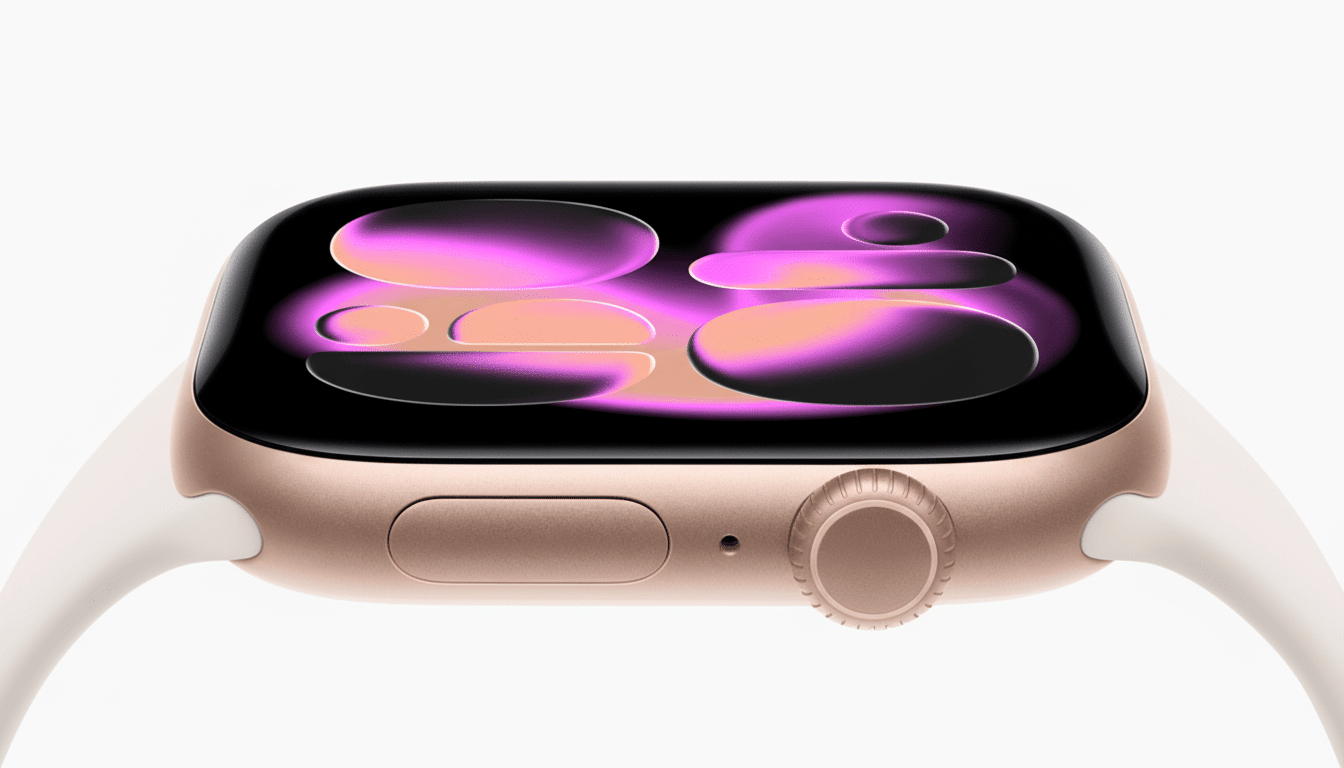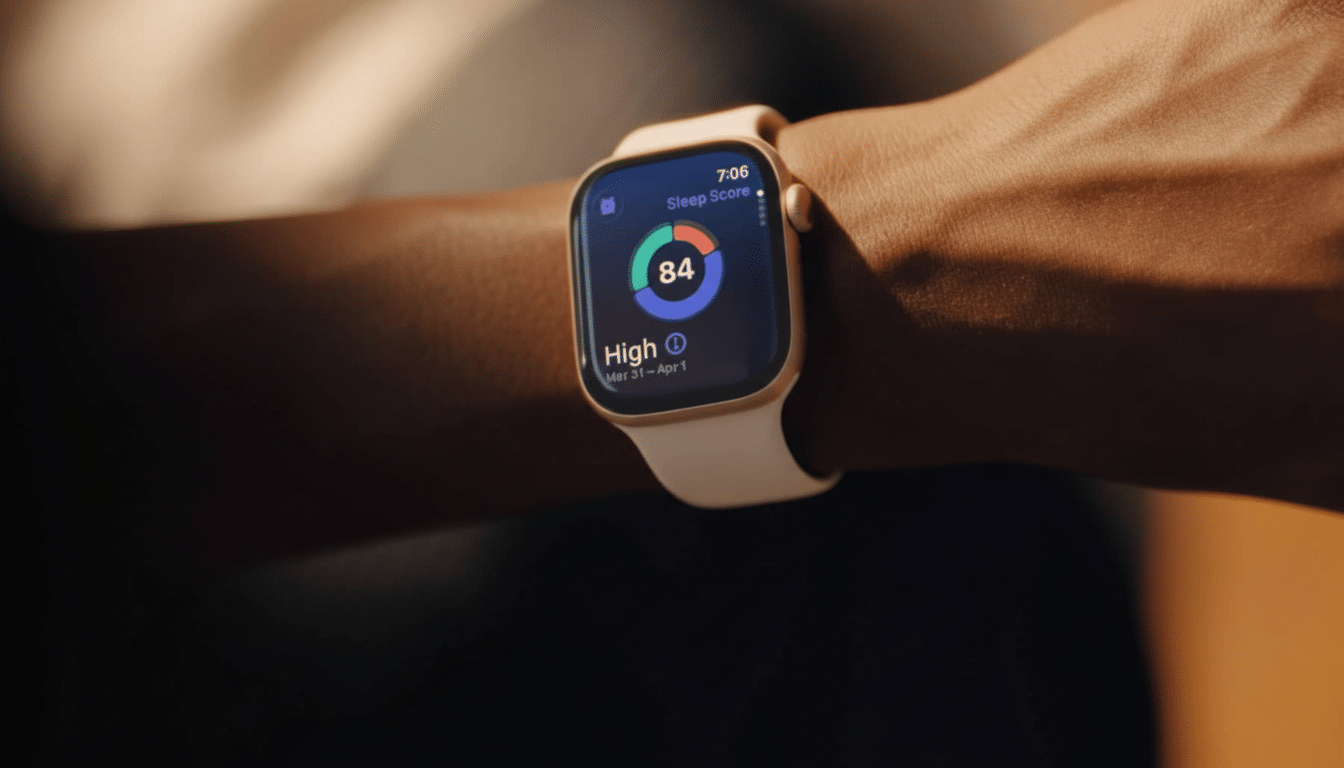Apple’s big new health upgrade for Watch Series 11 — hypertension notifications — won’t be exclusive after all. Fine print on Apple’s product page suggests the feature will be coming to the Apple Watch Series 9 and later, and also the Apple Watch Ultra 2 and later, once it passes a review by U.S. regulators. That’s millions of existing owners who could score themselves a marquee heart health gadget with a mere software update, rather than a hardware purchase.
What the new feature actually does
Hypertension alerts are set up to identify trends indicative of chronically elevated blood pressure. They are not a blood pressure reading like the cuff, and they are not a diagnosis. Instead, what they do is analyze the signs the watch is already gathering — mostly optical heart rate data — over time and send out a “you should check this” alert.

This approach is similar to the way notifications for an irregular rhythm were developed: continuous, passive sensing and a statistical model that evaluates trends and context. It’s screening, not measurement. Look for language advising users to verify with a clinically-helpful cuff and consult a clinician before taking action on a treatment decision.
Which models will receive it
By its own account, notifications about high blood pressure will come to Apple Watch Series 9 and later and Apple Watch Ultra 2 and later after “regulatory clearance.” Series 11 will come with the feature, which is not to say it’s a hardware lock-in. The rollout will probably need an update to watchOS and will depend on local approvals for availability by region.
Like other advanced health offerings, Apple usually gates access by age, requires user consent in the Health app, and includes strong disclaimers. India can expect similar guardrails here, including in-app education and links to professional resources.
Why older models qualify
Series 9 and Ultra 2 have Apple’s newer sensor stack and on‑device machine learning support, enabling them to power the new models without special hardware. On a practical level, the optical heart sensor’s accuracy, motion handling, and neural processing are all good enough to support the algorithm, so we can reasonably trust Apple to back-port the capability.
This approach aligns with the way Apple handles aggressive computing features in other areas—deliver the most intense features first to the devices with the latest silicon, then cascade down to the models that meet performance and battery requirements. And it’s a pretty big indicator that the breakthrough is the in software, not a new sensor.

How accurate is wrist-based hypertension detection?
The science is exciting but complex. Research communities have investigated estimating the risk of blood pressure from photoplethysmography (PPG)— the same light-based readings taken for heart rate—by studying pulse waveform shape, variability, and pulse transit profiles. Several peer-reviewed studies have found that the signals can be useful in screening for high blood pressure, especially if they are measured over long periods.
The American Heart Association insists that wearables are intended to support, not supplant, verified readings. According to the Centers for Disease Control and Prevention, roughly half of American adults have hypertension, and the World Health Organization estimates there are 1.28 billion adults worldwide with the condition. At that scale, nudging even a small portion to verify with a cuff could be of substantial public health benefit — if the alerts are specific enough to avoid causing alarm fatigue and false reassurance.
It’s also worth hearing what competition looks like. Samsung provides cuff-calibrated blood pressure features in some areas, and Omron markets an F.D.A.-cleared watch with an inflatable cuff. Apple’s approach is different: widespread, population-scale screening driven by passive sensing and software, with clear handoffs to medical-grade tools.
What this means for your next upgrade
If hypertension alerts are at the top of list of reasons why you’re eyeing Series 11, hit the pause button. And owners of series 9 and Ultra 2 should get the same capability once it’s approved and pushed out. It’s still worth an upgrade for other reasons — battery life, robustness, new safety features — but not this feature specifically.
Practical tip: when the feature arrives, tighten your strap for cleanly read optical readings, keep your Health profile current and validate using a home cuff. Follow up if the watch raises a concern. If it isn’t, but you have factors that put you at risk, there is still no better measure than periodic cuff checks.
Bottom line
Apple is bringing one of its most powerful new health features to recent models, underpinning a software-first approach in wearables. Hypertension notifications are no substitute for a blood pressure monitor, but they might pick up on patterns you’d otherwise miss — and now, you won’t have to have the newest watch to get them.

